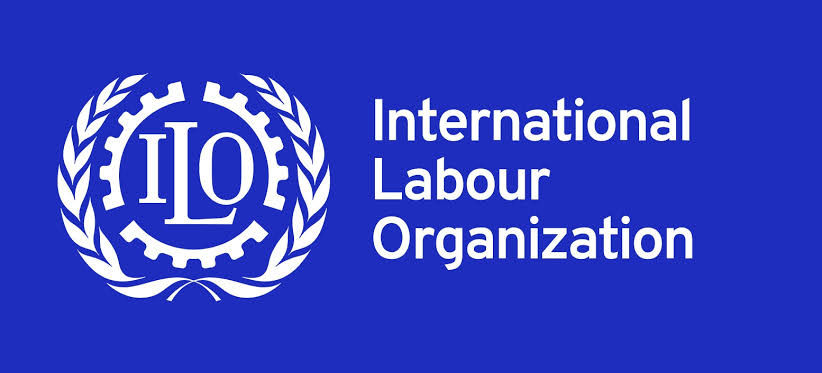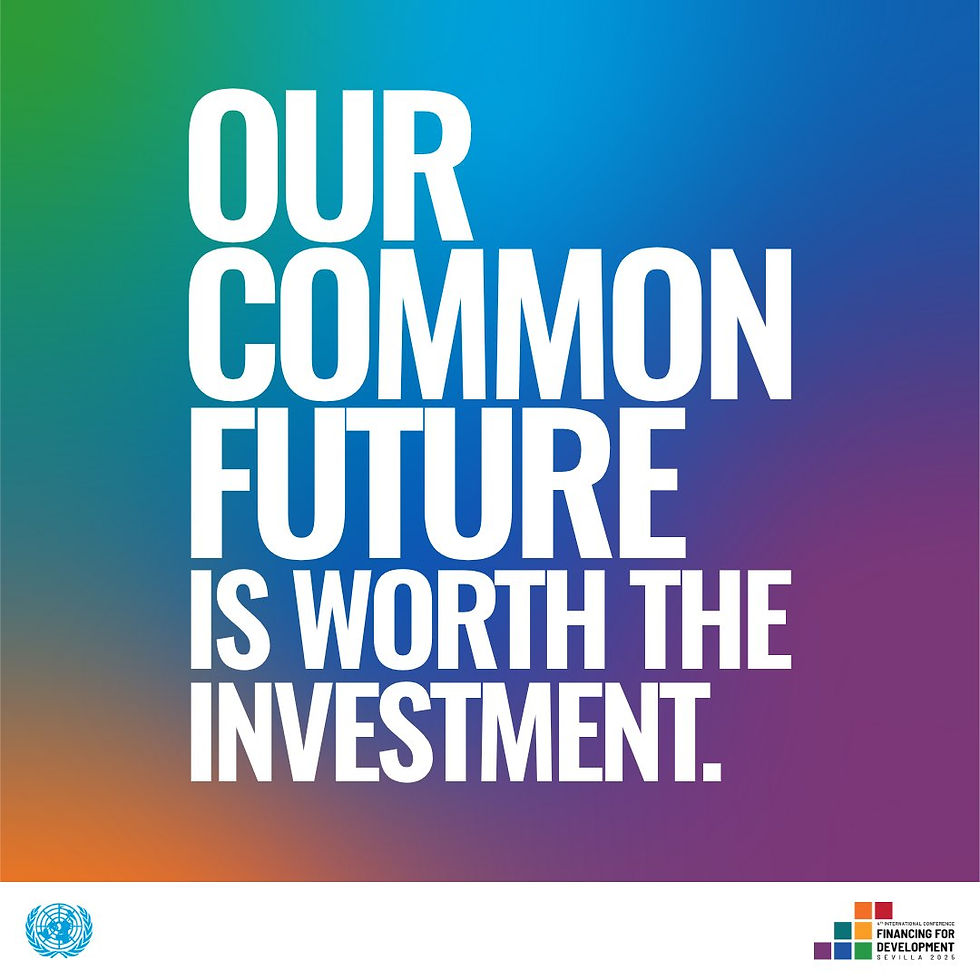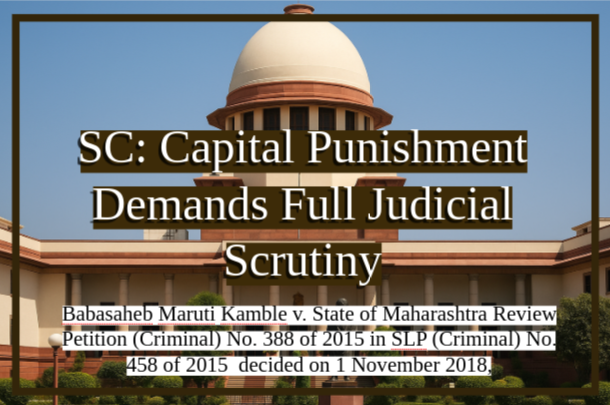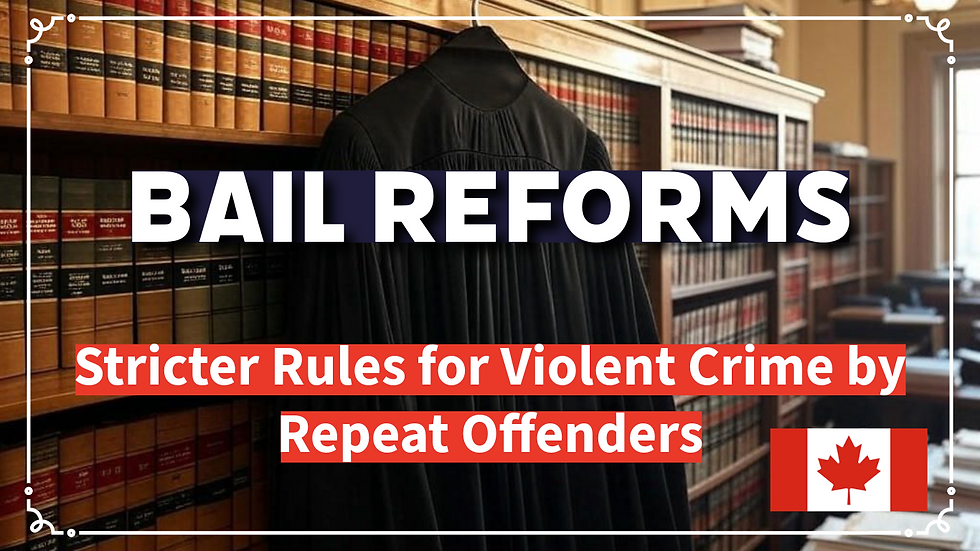The ILO: A Century-Old Guardian of Global Labour Justice
- M.R Mishra

- Jun 30, 2025
- 2 min read
As the world of work undergoes seismic shifts from gig platforms to AI-driven automation one institution remains a lodestar in the international legal order: the International Labour Organization (ILO).

Founded in 1919 as part of the Treaty of Versailles, the ILO is the only surviving major creation of the League of Nations and the first and oldest specialized agency of the United Nations.
Its mission deceptively simple yet legally profound is to promote social justice and internationally recognized human and labour rights.

At its core, the ILO is a unique tripartite body, bringing together governments, employers, and workers on equal footing.
This institutional design makes it distinctive in the realm of international law, where state-centric diplomacy is the norm.
The ILO’s conventions and recommendations form a body of international labour standards that shape the national laws of its 187 member states.
These instruments, while not self-executing, have nonetheless profoundly influenced national constitutions, labour codes, and even regional human rights mechanisms.
Some of its eight core conventions such as the ones on freedom of association (No. 87) and abolition of forced labour (No. 105) are now considered part of customary international law.
The ILO’s supervisory mechanisms, notably the Committee of Experts on the Application of Conventions and Recommendations (CEACR), provide a quasi-judicial forum where state practices are scrutinized, not with binding judgments but with morally authoritative observations that resonate globally.
The ILO’s relevance is especially acute in the Global South, where labour informality, gender disparities, and child labour remain systemic.
From Bangladesh’s garment sector to Qatar’s migrant reforms, the ILO often operates at the fraught intersection of economic development and human dignity.
Its involvement in Myanmar after the military coup, and in Palestine amid ongoing conflict, underscores its role not just as a technical body but as a normative voice for rights even in politically sensitive terrains.

Legally, the ILO offers a remarkable case study of how soft law norms, international monitoring, and multilateral diplomacy can nudge even reluctant states toward compliance without coercive enforcement.
In an age where global governance often appears fragmented and ineffectual, the ILO remains a functioning model of how international legal institutions can marry consensus with accountability.
As it approaches its second century, the ILO confronts new frontiers AI driven layoffs, cross-border gig work, climate-induced labour displacements all requiring fresh normative tools.
Yet, its constitutional premise that lasting peace can only be built on social justice remains perhaps more urgent today than it was in the aftermath of World War I.







Comments